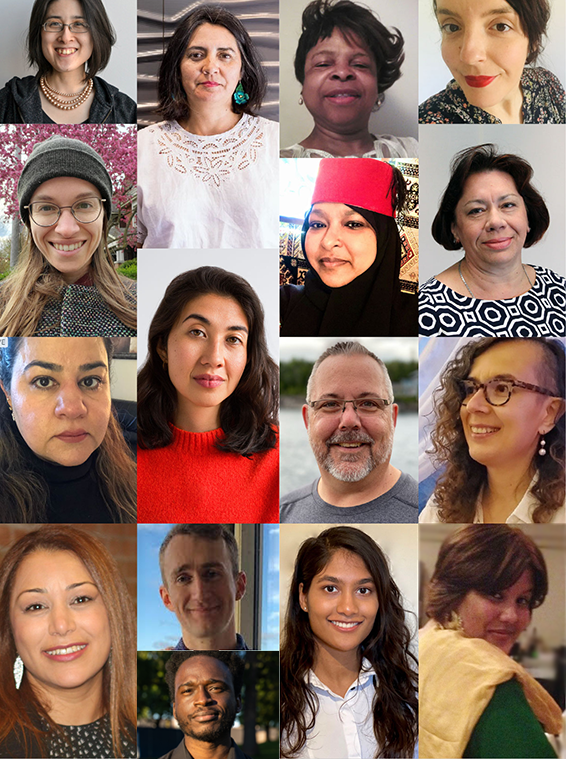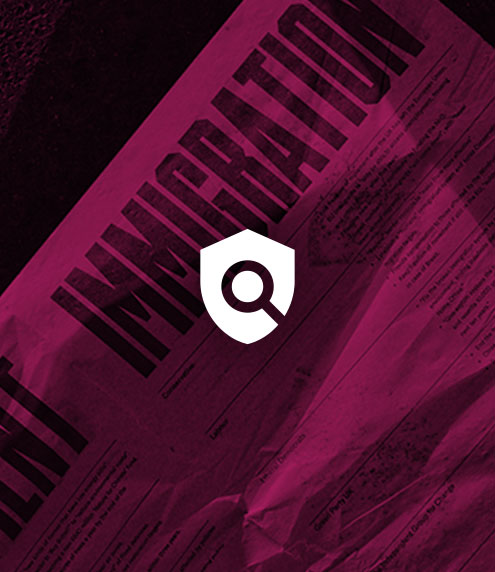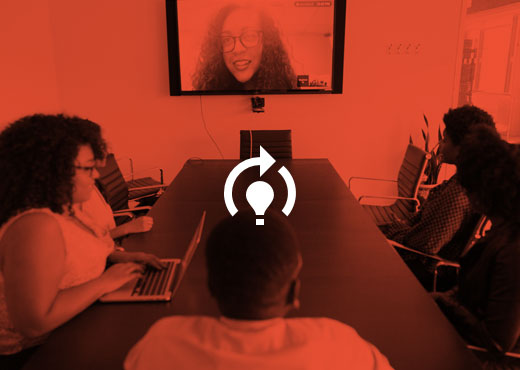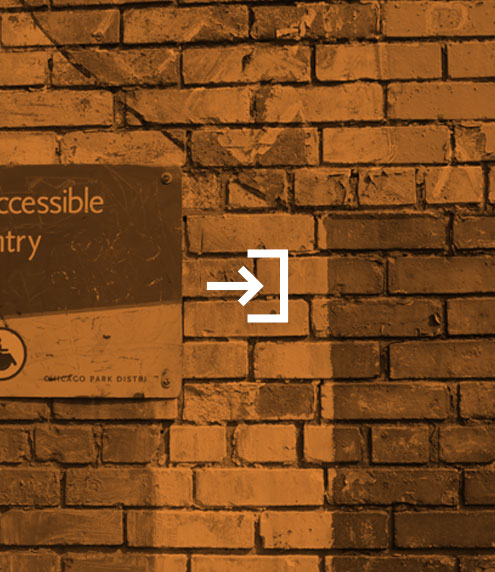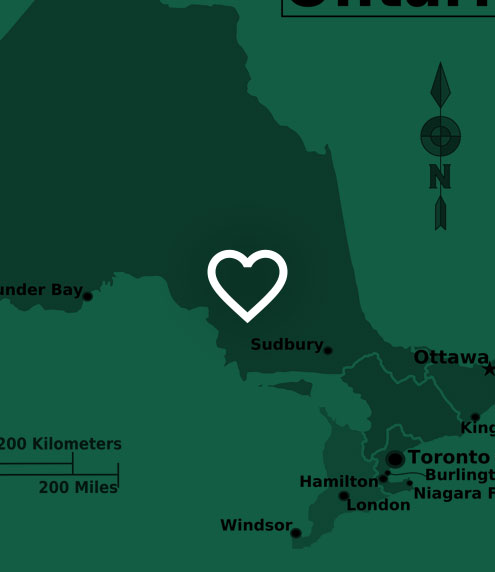

Mission
The Mission of OCASI is to achieve equality, access and full participation for immigrants and refugees in every aspect of Canadian life.

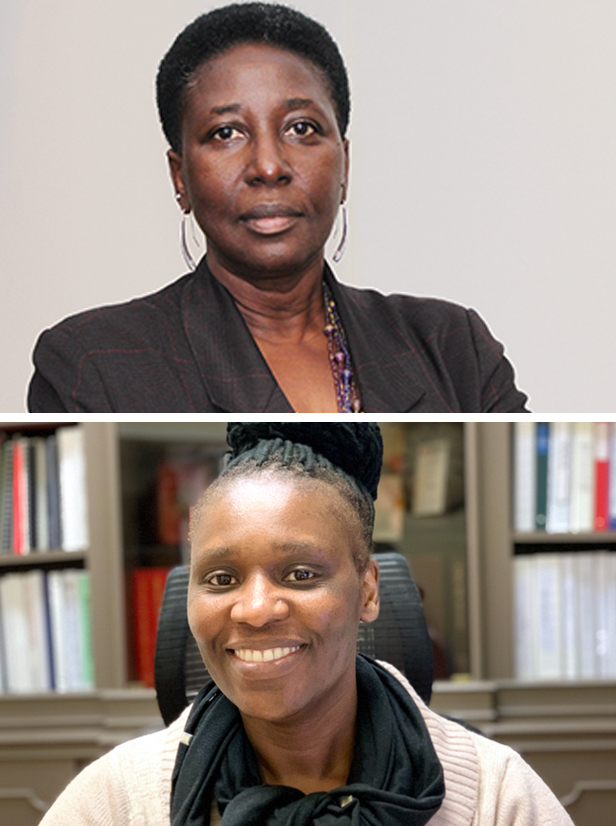
Principles
OCASI asserts the right of all persons to participate fully and equitably in the social, cultural, political and economic life of Ontario. OCASI affirms that immigrants and refugees to Canada should be guaranteed equitable access to all services and programs.
OCASI believes that Canada must be a land of refuge and opportunity, a country known for humanity and justice in its treatment of immigrants and refugees. OCASI believes that in cooperation with other groups and communities which promote human rights and struggle against discrimination, OCASI will see these principles realized.

OCASI – 42 Years
Impact Work
Members of our Community
Source: OCASI Membership Database 2019 (reported by 271 member agencies)
Cumulative number of agencies per year
We grew from 17 to 244 member agencies in 42 years.
Member agencies
- 244 Member Agencies
- 40 Women’s organizations
- 20 Francophone Agencies
- 8 New member agencies
Charitable organizations
184 member agencies
Languages
107 Services provided by OCASI members in Languages other than English & French
Staff
- 15,200 workers (79% are women)
- 48,700 volunteers
Agencies generating revenue
- > $5MM: 61 agencies
- $1-5MM:: 91 agencies
- < $1MM:: 86 agencies
Connections to Indigenous Peoples
47% of member agencies carried out activities with or about Indigenous peoples in Canada between 2014 and 2019.
61% of member agencies reported having a relationship with an Indigenous group, organization, Elder, Knowledge-keeper, leader, community worker or peoples.
Unionized agencies
29% of member agencies are unionized
Member agencies divided by region
- Central East: 12 (5%)
- Central West: 20 (8%)
- East: 22 (9%)
- North: 12 (5%)
- South: 16 (7%)
- Toronto: 140 (58%)
- West: 20 (8%)
Central East Region
- Barrie
- Bradford
- Durham Region (Ajax, Oshawa, Pickering, Whitby)
- Peterborough
- York Region (Aurora, Markham, Newmarket, Richmond Hill, Vaughan)
Central West Region
- Peel Region (including Brampton)
- Halton
- Milton
- Mississauga
- Oakville
South Region
- Beamsville
- Brantford
- Cambridge
- Fort Erie
- Guelph
- Hamilton
- Kitchener
- Niagara
- St. Catharines
- Waterloo
- Welland


